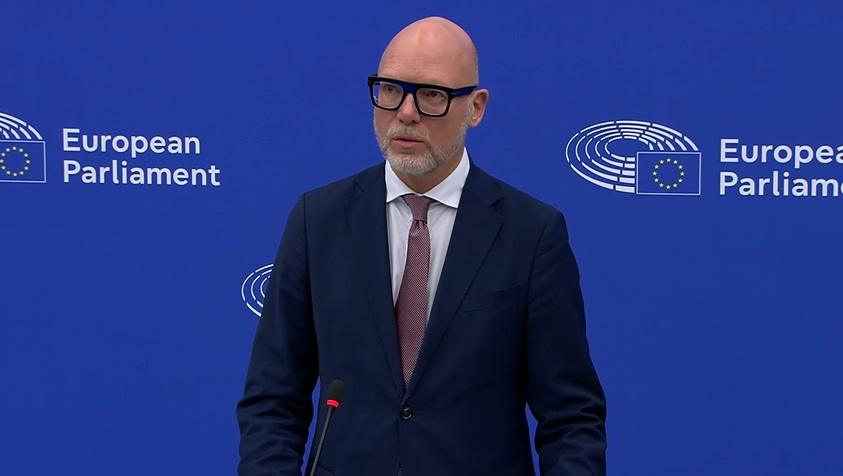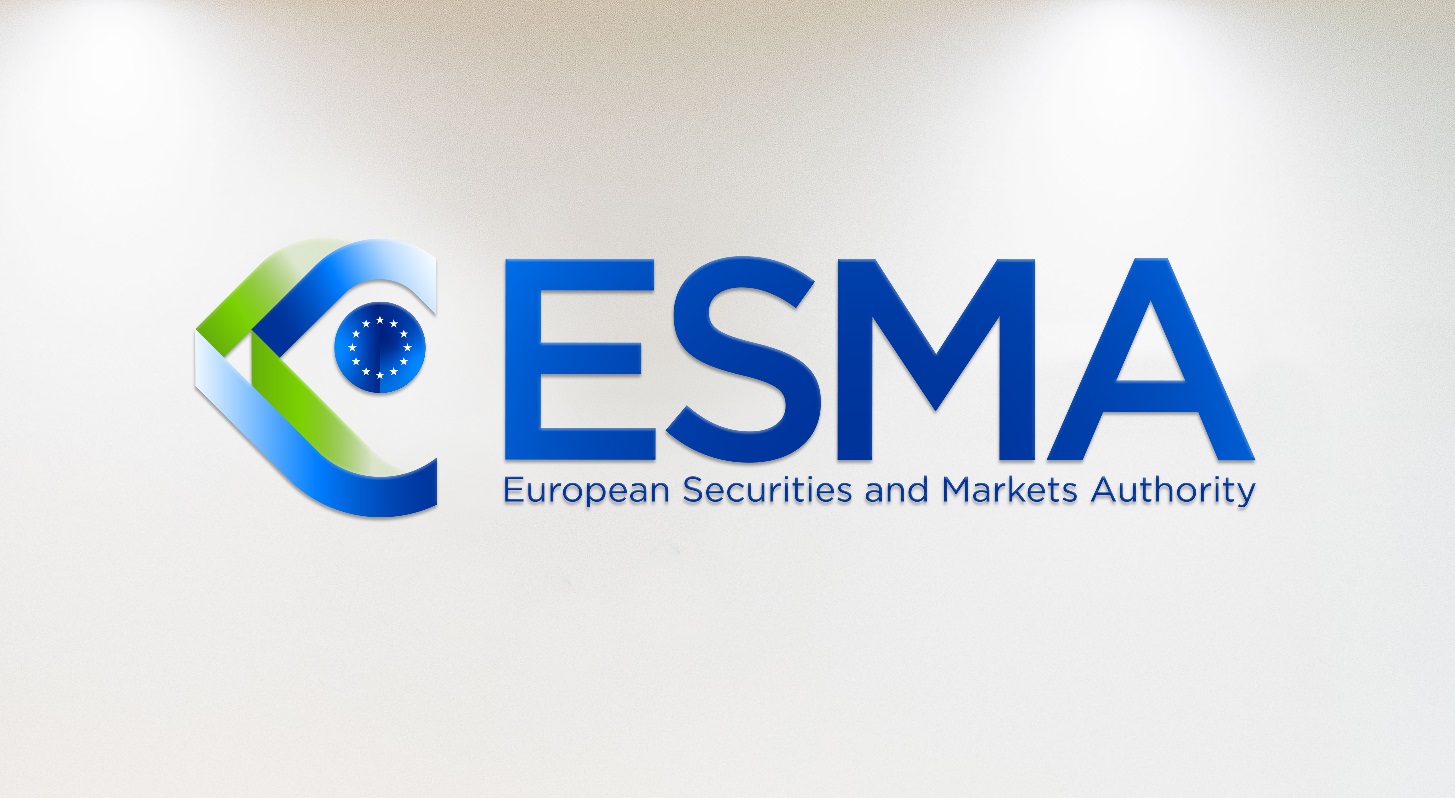UNEP FI and EBF Test Applicability of EU Taxonomy to Banks and Their Products
The United Nations Environment Programme Finance Initiative (UNEP FI), and the European Banking Federation announced the launch of a report aimed at assessing the applicability of the EU Taxonomy on Sustainable Activities to core banking products for labelling or disclosure purposes.
The EU Taxonomy is part of the EU Action Plan on Sustainable Finance, established by the EU Technical Expert Group on Sustainable Finance’s (EU TEG). The taxonomy is a classification system enabling the categorization of economic activities that play key roles in contributing to at least one of six defined environmental objectives, and no significant harm done to the other objectives.
Eric Usher, Head, UNEP FI, said:
“At UNEP FI we see the EU Taxonomy as the backbone of a truly transformative agenda. By increasing market transparency and pointing to what is ‘good enough’ from a sustainability perspective, the EU Taxonomy has the potential to direct the flow of finance necessary towards green and sustainable innovation in the economy. We are fully committed to supporting banks throughout their sustainability journey and towards implementing the EU Taxonomy in line with the European agenda for sustainable finance.”
The report follows a study conducted between March and August 2020, with 26 major banks, seven banking associations and five observing organisations, to test and assess the complexities of applying the EU Taxonomy, which is aimed mainly at investors, to core banking products. The project was sponsored by BBVA, BNP Paribas, Credit Suisse, Danske Bank, Deutsche Bank, FMO, ING, SEB, Société Générale, Standard Chartered, UBS and UniCredit.
The report highlights the benefits of the application of the taxonomy to banks and banking products, as well as the challenges revealed by the study. In addition, the report provides a series of high-level recommendations for banks to enhance the taxonomy’s applicability and address the identified practical and conceptual challenges.
The benefits identified by the report include the strengthening of sustainable finance by bringing consistency and transparency to the industry, and the impact that a common set of definitions will have on enhancing the banks’ approach to managing all aspects of ESG. Banks also believe that the taxonomy will help in mitigating perceptions of greenwashing.
On the challenges front, the report indicates that the application of the EU Taxonomy to retail loans, trade finance transactions and general purpose facilities was particularly testing for banks, largely due to the availability and qualit of data, as well as other data-based difficulties including granularity, comparability, standardization, relevance, verification and handling time.
Recommendations to the banks included starting methodical data collection for taxonomy-relevant information, and devising industry guidelines for the implementation and application of the EU Taxonomy to core banking products, in conjunction with relevant industry bodies. The report also included recommendations for legislators and regulators, as well as to the owners of standards and frameworks, as they approach the application of the taxonomy to banks and banking products.
Johan Torgeby, President and CEO at SEB and Chairman of the Executive Board, Swedish Bankers’ Association, said:
“The EU Taxonomy will be a game changer on our common path to fulfil the Paris Agreement, and I am convinced that this will lead to a major shift when used in practice. Since banks play a key role in this transition, it is important that the EU Taxonomy recognises the specificities of core banking products, and that compatibility between EU Taxonomy and other applicable regulations is ensured. We are proud of having participated in its development, and as a sponsor of the joint UNEP FI and EBF project, I now look forward to the future work on developing detailed guidelines.”
Christian Sewing, CEO, Deutsche Bank, added:
“Banks should play a crucial role in accelerating the necessary global transition to sustainable, low-carbon and socially inclusive economies. Our aspiration at Deutsche Bank is to support our clients in their transition. But we also need other stakeholders— and especially the European Union—to pave the way and establish common standards. We were one of the first banks in Europe to operate a taxonomy linked on a best effort basis to the EU Taxonomy, and as one of the sponsors of this UNEP FI and EBF initiative we promote a broader discussion and application of the EU Taxonomy.”





